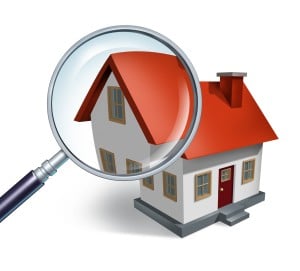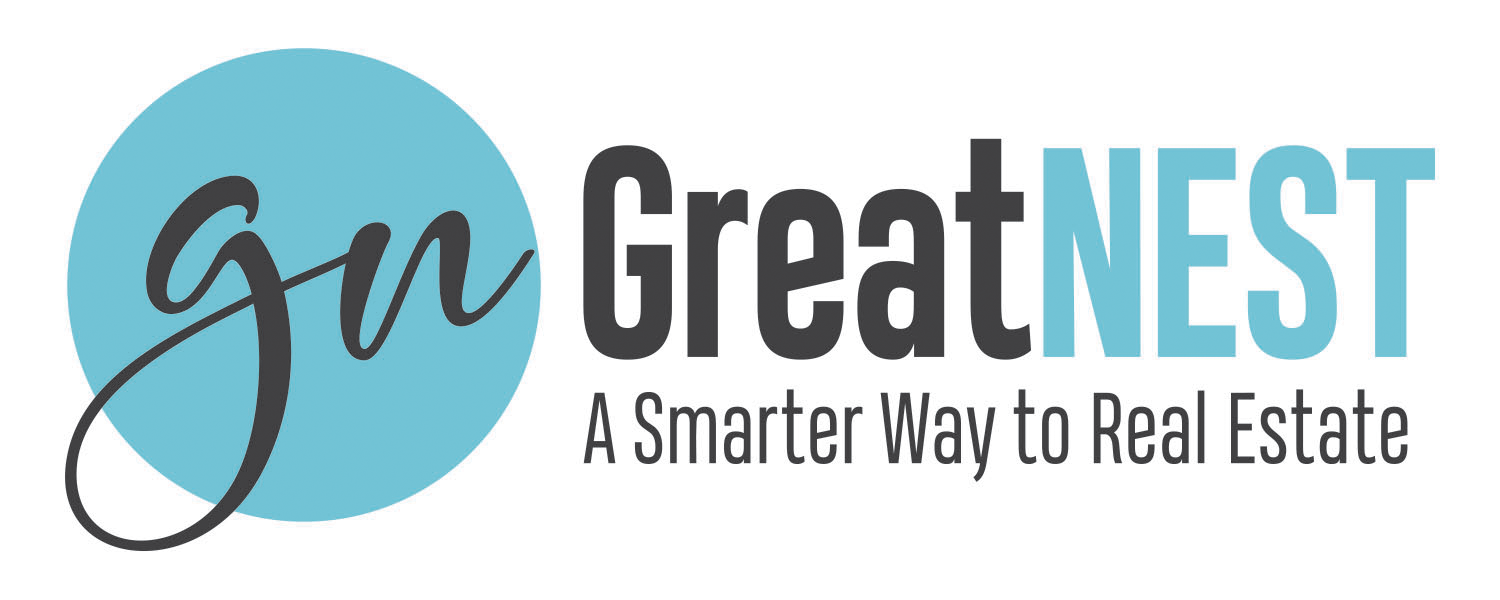 Most home purchase contracts include some kind of home inspection contingency clause (in NC we have a due diligence period), which states that the buyer has a set amount of time to have the seller’s home inspected by a professional home inspector. If the inspector uncovers home inspection problems, the seller will have the opportunity to make needed repairs or negotiate price further. In North Carolina, the Due Diligence Period allows the buyer to terminate the contract for any, or no reason. Most often a termination is caused by the extent of necessary repairs. As the seller, it's in your best interest to take care of many repairs before they become home inspection problems.
Most home purchase contracts include some kind of home inspection contingency clause (in NC we have a due diligence period), which states that the buyer has a set amount of time to have the seller’s home inspected by a professional home inspector. If the inspector uncovers home inspection problems, the seller will have the opportunity to make needed repairs or negotiate price further. In North Carolina, the Due Diligence Period allows the buyer to terminate the contract for any, or no reason. Most often a termination is caused by the extent of necessary repairs. As the seller, it's in your best interest to take care of many repairs before they become home inspection problems.
What does a home inspector do?
According to the American Society of Home Inspectors (ASHI), a typical professional home inspector’s report will cover the condition of: the home’s heating system, central air conditioning system (temperature permitting), interior plumbing and electrical systems, roof, attic and visible insulation, walls, ceilings, floors, windows and doors, the foundation, basement, and structural components.
A home inspector is only required to share the results of his or her inspection with the individual who requested the inspection – and in some states, it’s illegal for inspectors to share details of a home inspection with anyone other than the person who is paying for it. Strange, but true.
What can a house seller do to avoid home inspection problems?
Obviously, it’s in the seller’s best interest to do everything possible to ensure that the home inspection process goes smoothly and doesn’t uncover serious problems with the interior or exterior, from structural and aesthetic aspects to electrical, plumbing, and other elements. Here are several ways we recommend that sellers can avoid problems with home inspections, starting before you even list your house for sale:
- Hire your own home inspector before you even list your home. While it is a small added expense and isn’t required, having your own detailed inspection may save you hassle and time later, and it may even help you get a higher purchase price for your home.
- Take a close, honest look at the exterior of your house. Make note of any repairs you’ve been putting off (or not noticed were needed).
- Common problem areas outside: disconnected gutters, rotting or peeling trim, stairs that are missing bricks or have broken boards, missing roof shingles, loose metal flashings, drainage issues, and termite damage
- Make repairs or hire a repairperson to resolve any problems that your finances will allow. Many repairs may cost less up-front than they would cost in lost sale price if the buyer negotiates price down to account for needed repairs.
- For major repairs or renovations, weigh the pros and cons of making the investment. Depending on your geographical area, the condition of neighboring homes, and other factors, it may be worth the extra investment for certain updates, replacements, or repairs. However, typically, it’s more cost-efficient to avoid making major investments in a home you are trying to sell. Instead, know that a buyer may wish to negotiate your price.
- Turn your attention to the inside of your home, attempting to see it through the eyes of a buyer. That hole in the sheetrock you’ve ignored for months needs to be patched, and the water heater you keep having to re-light probably needs repair or replacement.
- Common problem areas inside: leaking toilets and faucets; aging appliances; broken handrails in stairways; old or inadequate heating and cooling systems; radon, asbestos, mold, and other environmental concerns; electrical issues; poor insulation; and ventilation/mold problems
- As with the exterior of your home, make any minor interior repairs your finances allow, and educate yourself about the value of making any significant upgrades, replacements, or major repairs.
While you’re at it, sprucing up your home with a fresh coat of trim paint outside and inside, planting some fresh, seasonal landscaping, and removing clutter in your home and yard are all good ways to increase the perceived value of your property.
Remember: Homes are a high-price purchase, and the housing market is quite competitive in most parts of the country. By ensuring your home is as trouble-free, up-to-date, and attractive, you’ll increase the likelihood that you attract qualified buyers and sell at the best price.
If you have questions about selling (or buying) a house in the Piedmont Triad area of North Carolina, give us a call at (336) 790-5210, send us an email to svincent@greatness.com, and visit our website at www.greatnest.com. The Vincent Group at GreatNest is a full-service real estate company, where we charge low set fees instead of a percentage commission. We serve buyers and sellers in Greensboro, High Point, Winston-Salem, Summerfield, Oak Ridge, Jamestown, and surrounding areas.
